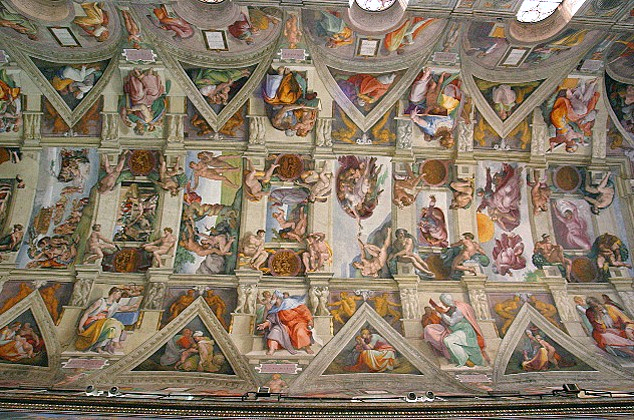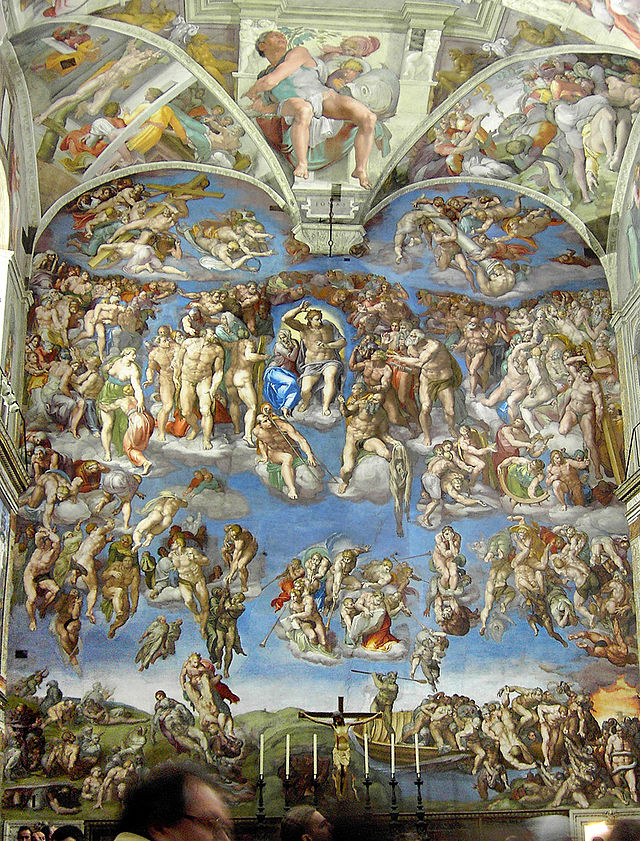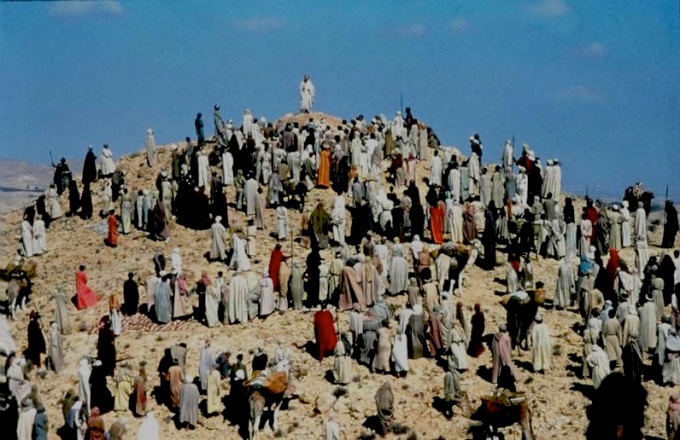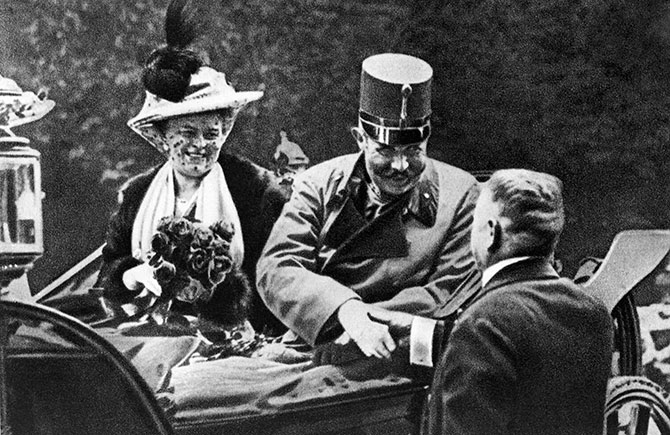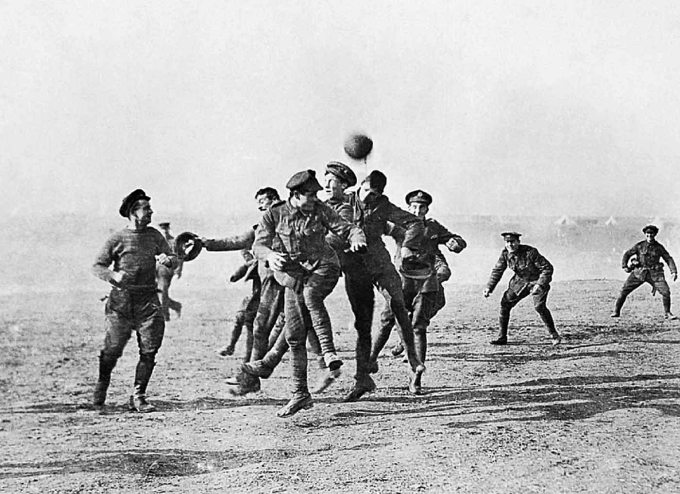The life of a whaling ship captain is hard. You’re at sea for years on end, away from family and friends, commanding a crew of some of the most unsavory and unchristian men New England has to offer. When you finally do return home, oftentimes you have little to show for your efforts, maybe a few hundred barrels at most. You dock your ship, collect your lay, and pray it lasts until your next outing. That is, assuming you can get a ship’s owner to take you on at a fair price. Some of these Quakers drive a hard bargain!
It was early evening on Nantucket Island, and I was busy preparing for a voyage around the Horn– consulting maps and navigation charts, vetting crew members, making sure the ship was equipped and ready to go. We were scheduled to depart the next morning. I would have liked nothing more than to spend my last night on the island at home with Polk, my cat. Yet through an odd series of circumstances, I had been shanghaied into accepting an offer to have dinner with a man I had been avoiding for years.
His name was Ahab. At one time, he had been one of the most celebrated whaling captains in New England. My first voyage had been as a sailor aboard his ship. He promoted me to first mate and was instrumental in getting me my first captain’s gig.
But then something happened to Ahab on his last voyage, something terrible. A whale had bitten his leg clean off. It very nearly killed him. Once a strict but otherwise good-natured captain, Ahab, it was said by those who came across him since the accident, was given to dark moods, punctuated by disquieting fits of monomania. During such fits, it was always “the white whale this” and “the white whale that.” You would try and change the subject, maybe talk about Mendelssohn’s violin concerto or the Treaty of Guadalupe Hidalgo, yet somehow Ahab would bring the conversation right back to that damned white whale!
Friends abandoned Ahab (alas, I was one of them). His marriage suffered. He had been married fairly recently, before the accident, to a beautiful young woman who bore him an adorable baby girl. At one time, Ahab couldn’t wait to return home from a voyage. Now, he couldn’t wait to get back to sea and continue his mad hunt for the one sailors dubbed “Moby-Dick.”
Captain Peleg, who had arranged the dinner between Ahab and me, claimed that once during a midnight stroll along the docks—Peleg suffered from insomnia–he happened upon Ahab standing there speaking forlornly to a dolphin bobbing in the water below. After a few minutes, even the dolphin had had enough and briskly disappeared beneath the inky water.
I entered the Try Pots Inn, all the while chiding myself, “Wallace, what are you doing here? You’re a ship’s captain, not a doctor. What could you possibly do for Ahab?”
As I peered around the dining hall, I was relieved to find that Ahab was nowhere in sight. Perhaps he had changed his mind. I decided I would have a drink at the bar. One drink. If Ahab didn’t show up by the time I finished, so much the better. I would go back to my seaside bungalow and split a can of sardines with Polk.
A young man sitting alone on the opposite end of the bar caught my eye as I ordered a glass of whiskey. The man appeared to have two sheets to the wind, and the third one was unraveling fast. I recognized him. We had met a few days earlier in this very inn. He was a merchant seaman lodging in the Try Pots until his ship sailed. Coincidentally, he was booked to go on his first whaling voyage aboard the Pequod, Captain Ahab’s ship.
The young man grabbed his mug of grog and stumbled over to where I was standing. I began to panic. For the life of me, I couldn’t remember his name. There seems to be a universal law that a person whose name you can’t recall is always the one most eager to say hello to you.
“Calpan Wallace,” the young man said with an outstretched arm and a stumbling tongue. “Glood to see you!”
“Good to see you, Mr. —”
“Call me Ilshmael,” he said, patting my shoulder.
Ilshmael? Oh, right, Ishmael! How could I forget? What parent names his kid Ishmael? Giving the kid a bad start, the poor bastard. Still, a decent lad. Saved me the embarrassment of not remembering his name.
A few minutes into our conversation, I couldn’t wait to get away from him. This Ishmael was an unrepentant drunk! And he talked incessantly, INCESSANTLY, squeezing as many words between hiccups as he was able. Even Polk would have tired of his endless yarns. Fortunately, Ahab arrived before Ishmael could ask me to buy another round.
I heard Ahab before I saw him. Everyone in the Try Pots did. His peg leg clomped ominously along the boards leading up to the inn before Ahab paused and violently flung open the door. A veritable sea Atlas, Ahab filled the doorway. Straight off, your eyes went to that gleaming ivory leg.
All conversation at the bar stopped as patrons turned to look at this otherworldly figure. He had changed since I last saw him. Yes, of course, he was down a leg. But there was something else. Was it the lengthy scar that ran down his face? He had always had that, hadn’t he? Even as a boy. Something to do with a clumsy childhood reenactment of Captain Cook’s final aloha. It always made him look like he had been split in two and glued back together. You couldn’t help but stare at it, it was so long and white on an otherwise sunburnt face. Thank goodness the peg leg was there to distract you.
I excused myself from Ishmael, who immediately latched onto another hapless patron at the bar. “Did I tell you about this clannibal I’m shlaring a bed with?” I heard him tell the unlucky fellow.
A freckled blond woman of few words and hurried movements seated Ahab and me at a table in the middle of the dining room. Menus were unnecessary. The restaurant served only one thing, chowder, and only two kinds. I picked clam. Ahab chose cod. Right away, I regretted my choice. But the woman was already flitting back to the kitchen. Oh, well. Maybe Ahab would let me try some of his. Was he the sharing type, I wondered? The scowl on his face suggested otherwise.
Didn’t Ahab used to smile more often? And where was that great bellowing laugh? He knew at least a hundred limericks about a man from Nantucket, each one dirtier than the last. Should I ask him to recite one to break the ice?
Better not, I thought to myself.
The freckled woman returned with our bowls of chowder and slammed them on the table. As an afterthought, she dug into her apron pockets and pulled out a couple of handfuls of crackers, tossing them unceremoniously between the bowls before leaving.
“No nickel for her, eh?” I said smiling at Ahab. Ahab merely grunted.
An uncomfortable silence followed. I tried the chowder. Not bad! I decided to break the silence by asking Ahab a few questions about his family.
“How’s the wife?”
“Still breathing,” Ahab spit out.
“Been almost three years since your marriage, hasn’t it?”
“Mmmm.”
“And your baby? I hear you have a beautiful little girl.”
He fixed me with a stern stare and said through gritted teeth, “And what of beauty in this world, Captain Wallace? Are ye not aware that it merely rots on the vine?”
Boy, was he in a mood!
I ceased with the questions and sat slurping my soup. Apparently, Ahab wasn’t the least bit hungry. He pulled out a pipe, filled it, lit it, took a puff, and with a look of disgust, threw the pipe into his chowder.
I guess I wouldn’t get to try the cod.
Every now and then, I glanced at the gleaming leg lurking beneath the table. A couple of times I crossed my own legs and kicked it by accident. Ahab didn’t appear to notice. At one point, between silences, he caught me gawking at the leg. To my surprise and embarrassment, he yanked it out from under the table and threw it right on top, between our bowls of chowder. Crackers went flying everywhere. The restaurant again fell silent as patrons stared in our direction.
“Ye want to know about the beast that dismasted me, aye Captain Wallace?” Ahab asked.
I really didn’t. Then again, I kind of did. I nodded, slowly. Ahab leaned back in his chair and removed his fake leg from the table.
“It was a white whale, Captain Wallace. A great white sperm whale, as white as the ivory of this here bogus leg. Whiter still. Moby-Dick, he’s called. As big as this very inn, with a wrinkled brow and a crooked jaw that make him look all the more ferocious, as if he were forged in Hell’s fiery furnace, and the devilish blacksmith responsible for creating him was but an apprentice, and not a very good one at that, as he got some of the parts a little wrong.”
I was frightened already. Ahab continued.
“’Twas off the island of Japan that the beast bested me. We were in the skiff, my harpooners and me, when we saw the spout big as an oak coming straight for us. The beast turned his mountain of a body sideways as he slipped ’neath the boat. The twisted harpoons of all the whalers who had tried and failed to slay him over the years still stuck in his flank. My own harpooners were white with fear, whiter even than the whale itself, which again, I tell ye, was very, very white.”
“The whole whale?” I asked.
“What?!” Ahab snapped, apparently unaccustomed to being interrupted.
“The entire whale was solid white, from head to tail?”
“No, just the head was white,” he grumbled. “And a few spots here and there.”
“Well, that’s not really a white whale is it?” I said. “I mean, Polk has a white chin and belly, but I wouldn’t call him a white cat.”
“It’s a white whale, I tell ye!” Ahab shouted, grabbing the edges of the table, his eyes flashing with fury.
“OK,” I said, terrified. “ He’s white. I’m wrong. You’re right.”
Ahab brought a finger up to his eye and continued. “The beast fixed me with one awful eye, an eye of hatred, an eye of malice. Then he twisted his body and overturned our little boat in the dark waters. And as he turned back, that crooked jaw came skimming along the water and severed my leg, leaving me a poor pegging lubber for the rest of my days.”
Ahab fell silent. Seeing my chance, I took up another spoonful of chowder. But before I could shovel it into my mouth, Ahab’s fist came crashing down on the table.
“But I’ll have my revenge, Captain Wallace! Aye. I’ll follow him around Cape Hope and the Horn, through perdition’s flames, before I give up. If it costs me my other leg to do so!”
A legless sea captain. It seemed such a silly image. But I wasn’t about to say anything. You know how it is. Someone goes through a traumatic experience and you don’t want to appear insensitive. After all, you don’t know what another person is going through. Why, I had a toothache once…. Still, Ahab was laying it on a bit thick, I felt.
“But certainly, Ahab,” I said, letting my spoon drop. “Seeking revenge on a dumb brute that was merely reacting out of instinct. It’s unwise.”
“A dumb brute? A dumb brute ye say? Why, you’re as thick as Captain Delano. Look here, Wallace. This thing may appear to be but a dumb brute. But there’s more to him. Vastly more. Infinitely more. All visible things are but masks hiding what lies underneath. And beneath the mask of this white whale, sir, is a dark, inscrutable hatred, and it is this that I despise above all else. Why, I would strike the sun if it insulted me!”
He was starting to sound like a book. For my part, I had had just about enough. I signaled for the check.
I wanted to speak my mind there in that inn. I wanted to tell Ahab what I thought of all this ridiculous whale hatred. Why couldn’t he forgive and forget, turn the other cheek? Wasn’t that the Christian thing to do? Get on with your life, man. Enough with these whale woes! Here we were in this nice restaurant, with a couple of delicious bowls of chowder, at least one of them still edible. Life wasn’t as bad as all that. You go on a whaling voyage every few years to pay the bills. You come back with a tan, some scrimshaw, a few shrunken heads for the kids in the neighborhood. Maybe a plump whitefish for Polk. And you resume your nice little life onshore. You write some letters, smoke a few pipes of tobacco, take a long walk along the beach with a pretty girl now and then before preparing for your next voyage. What more do you need in life, really? Why spend the rest of it nursing a grudge against some stupid animal that absconded with your leg? It won’t help you get it back.
I wanted to tell Ahab all of this. I wanted to tell him, but I didn’t. Clearly, Ahab was mad. But what was I supposed to do about it? I had my own problems. For example, who was going to watch Polk while I was away? And maybe going back out to sea would be the best thing for Ahab. Maybe his family could use the break. Maybe a long chase of this Moby-Dick might help Ahab get it out of his system once and for all. Who knows, maybe he’ll succeed and bring back the white whale’s head–and enough spermaceti to make candles for the entire Eastern seaboard!
I guess I’m an optimist at heart. Still, the crazy captain gave me a lot to think about that night.
Ahab picked up the check, bless his tortured heart. We said our goodbyes. I wished him luck on his voyage, he on mine. Okay, he didn’t wish me luck. But I like to think he thought it.
I decided to spoil myself and take a carriage ride home. I needed the rest. Tomorrow was a big day.
As the carriage made its way through these Nantucket streets I would soon leave behind, I couldn’t wait to get home and tell Polk all about my dinner with Ahab.


